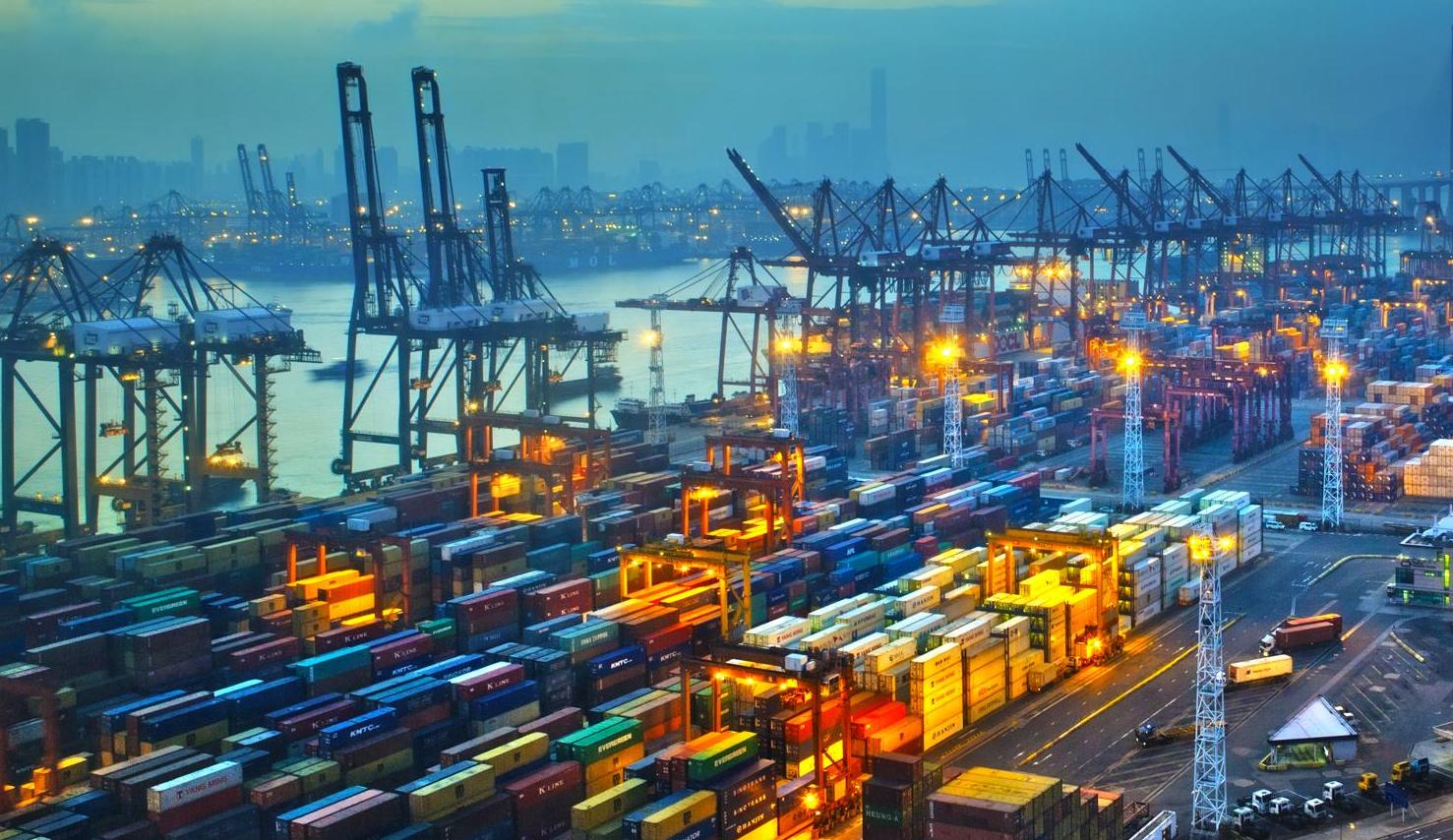
Yu Sui, Professor, China Center for Contemporary World Studies
Jan 03, 2018
With increased national strength and successful diplomacy, China has gained more international influence, which helps world peace and development. Chinese leaders will work for a world free of fear, poverty, isolation, and pollution. Is there anything wrong with this aspiration?

David Shambaugh, Gaston Sigur Professor and Director of China Policy Program at George Washington University, Distinguished Visiting Fellow at Hoover Institution of Stanford University
Jan 02, 2018
2017 was an eventful year for Chinese diplomacy. We may look back on it as the year China cemented its place as a major power in world affairs and reassured the world of its commitment to upholding the existing international system.

Ding Yifan, China Forum Expert and Deputy Director of China Development Research Center
Dec 29, 2017
By pursuing a variable sum game, China and the US will avoid war. In terms of development of science and technology and economic growth, both China and the United States have a sense of competition but only in a peaceful way.

He Wenping, Senior Research Fellow, Charhar Institute and West Asia and Africa Studies Institute of the China Academy of Social Sciences
Dec 27, 2017
China-Zimbabwe cooperation has smoothly endured the political changes and embarked on a new journey.

Vasilis Trigkas, Visiting Assistant Professor, Schwarzman College, Tsinghua University
Dec 27, 2017
Despite, Trump’s claims, China is not a revisionist power. Diplomats on both sides should work hard to ensure Trump’s assertion will not become a self-fulfilling prophecy.

Wu Zhenglong, Senior Research Fellow, China Foundation for International Studies
Dec 22, 2017
President Donald Trump said he wanted to seek new partnerships and cooperation with allies during this Asian tour. However, “America First” is Trump’s one and only strategy, with addressing the trade deficit as its ultimate goal. The “Indo-Pacific” is a secondary priority, and the concept was proposed to help boost President Trump’s low approval rating.

He Yafei, Former Vice Minister of Foreign Affairs
Dec 22, 2017
Is the world destined for war, or can we work together to build a better future?

Lucio Blanco Pitlo III, President of Philippine Association for Chinese Studies, and Research Fellow at Asia-Pacific Pathways to Progress Foundation
Dec 22, 2017
President Trump’s attendance at the recently concluded ASEAN Related Summits held in Manila suggests continued U.S. interest in a region touted as among the key engines of global economic growth and development. This is crucial as ASEAN celebrates its golden anniversary amidst fast changing regional dynamics.

Peter Bittner, Lecturer, University of California, Berkeley
Dec 21, 2017
President Trump’s Asia ‘policy’ is disjointed to say the least, but his administration’s latest responses to OBOR are becoming adversarial in tone.

Ivy Yu, News Editor, Beijing
Dec 20, 2017
The dissonance between Trudeau’s progressive ideals and mainstream beliefs among the Chinese people is part of the reason why Trudeau found it hard to strike a trade deal with China during his recent state visit.
Back to Top

- China-US Focus builds trust and understanding between the U.S. and China through open dialogue among thought leaders.
- Our Offerings
- Topics
- Videos
- Podcasts
- Columnists
- Research Reports
- Focus Digest
- Stay Connected
-
Thanks for signing up!
- Get the latest stories from China-US Focus weekly.